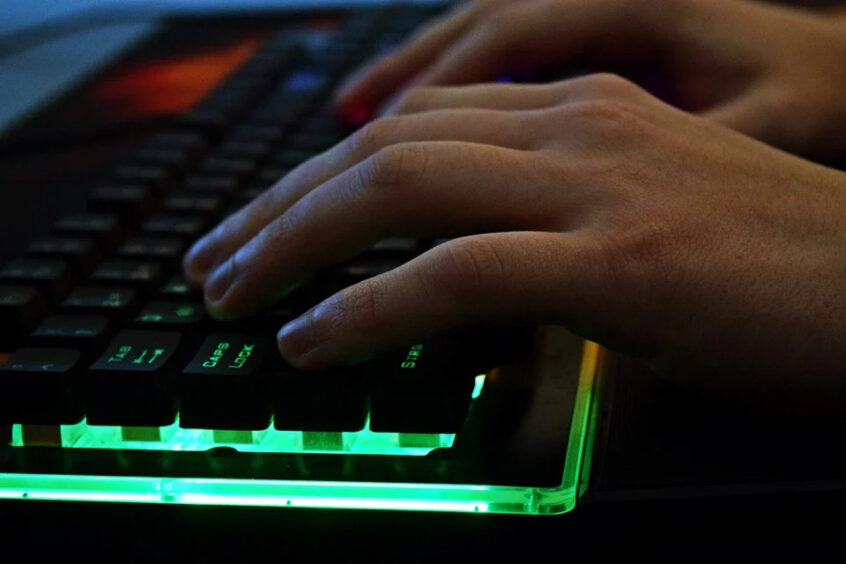Gaming online has been commonplace for well over a decade now, but in recent years it has almost become the norm.
Fewer and fewer console games offer a solely one player experience these days, with many geared solely towards online play. Whilst consoles and PCs were once the main sources of online gaming, recently tablets and phones have also come strongly into play. With Wired suggesting there are 2.5bn gamers worldwide, methods that connect those players are only going to increase in popularity.
The situation around the world in 2020 has facilitated a rise in people playing games online, and not always in the traditional sense. In a guide to playing online with friends, Gala Bingo suggests that in recent times, some groups of friends are experiencing online gaming for the first time. Restrictions around the world mean many meet virtually, be it in an organised video call to play quizzes, or on platforms such as Call of Duty which encourages cooperation and interaction.
With so many people connecting is so many ways, it is little surprise security can be compromised on several levels. One-third of gamers on platforms requiring accounts have suffered online gaming hacking and that is just the tip of the iceberg when it comes to safety. If you are planning to game online, or you do already and want a more robust approach to safety and security, we have some tips you might like to follow.
Report Bad Behaviour
If you are indulging in a game such as Grand Theft Auto or Call of Duty, treating others in the game with respect is important. If you hear or are subjected to bullying, harassment or other such behaviour then you should use the platform’s inbuilt report system to ensure you protect others from the same aggressor. The same applies across genders too – misogyny in video gaming is a huge problem as reported by The Guardian and if you act in a way that offends others, you could find yourself at risk of reprisals.
Passwords
Passwords should always be hard for hackers to guess but also varied across different platforms. If you have a password you use for gaming, social media and even your bank account, it only takes one hacker to pick it up from one platform to cause you a lot of trouble. Try to vary the passwords you use for accounts, and have a regular policy where you change those passwords too, maybe once every two months. That should protect you from hacking, or at least catastrophic problems because of being hacked on one platform.
Personal Details
It might go without saying, but you should never share your personal information when gaming online. This includes your full name, address or mobile phone number. Sharing this information leaves you vulnerable in several ways, be it from identity theft, or actual physical harassment. That risk may seem minimal, but you should always exercise caution when giving out details. Also, do not be tempted to take private chats away from the gaming platform you are using. A fine example of this is the online word game Words with Friends, which has become popular with romance scammers. They may look to move the conversation away from a monitored platform quickly. To completely minimise risk, never reply to unsolicited private messages from people you do not know.
Stay Legal
Finally, always stay within the boundaries of the law or the game’s rules. Some games have cheats that can be downloaded, auto-aim scripts on first-person shooters for instance, but you should always avoid these. However wonderful or exciting they seem, even if you feel you might get ahead, as soon as you stray from the path of legality you are at risk from unsuitable content and viruses affecting your computer, console or account.
Want more news from the Tech world for Gaming Peripherals to Hardware Click Here







